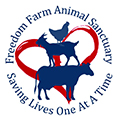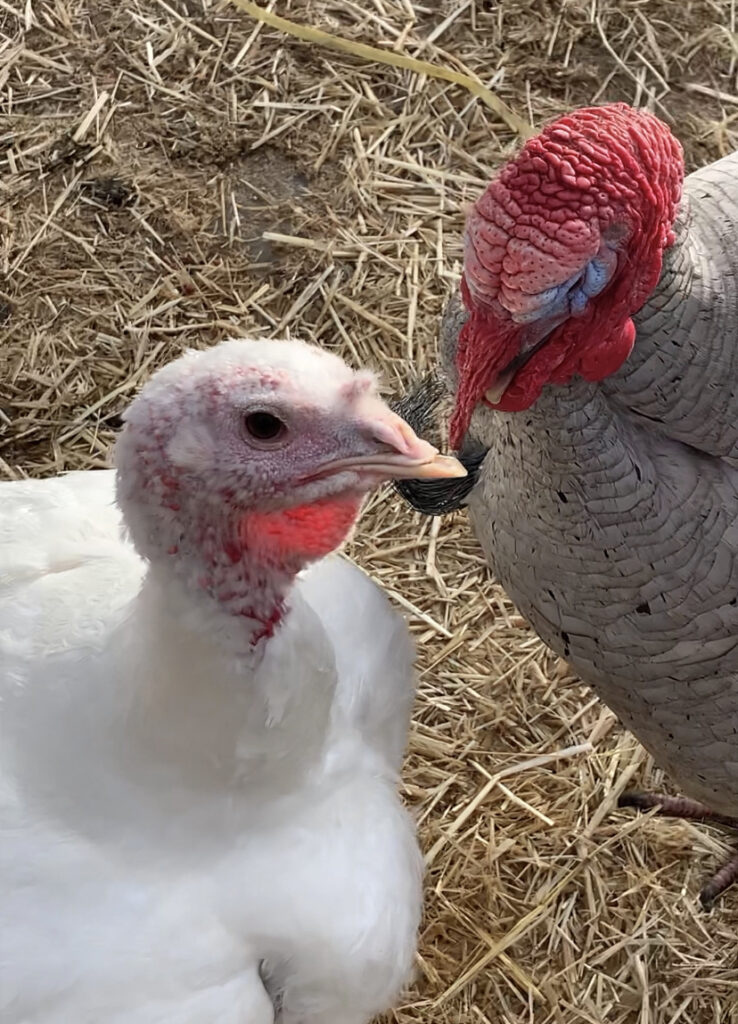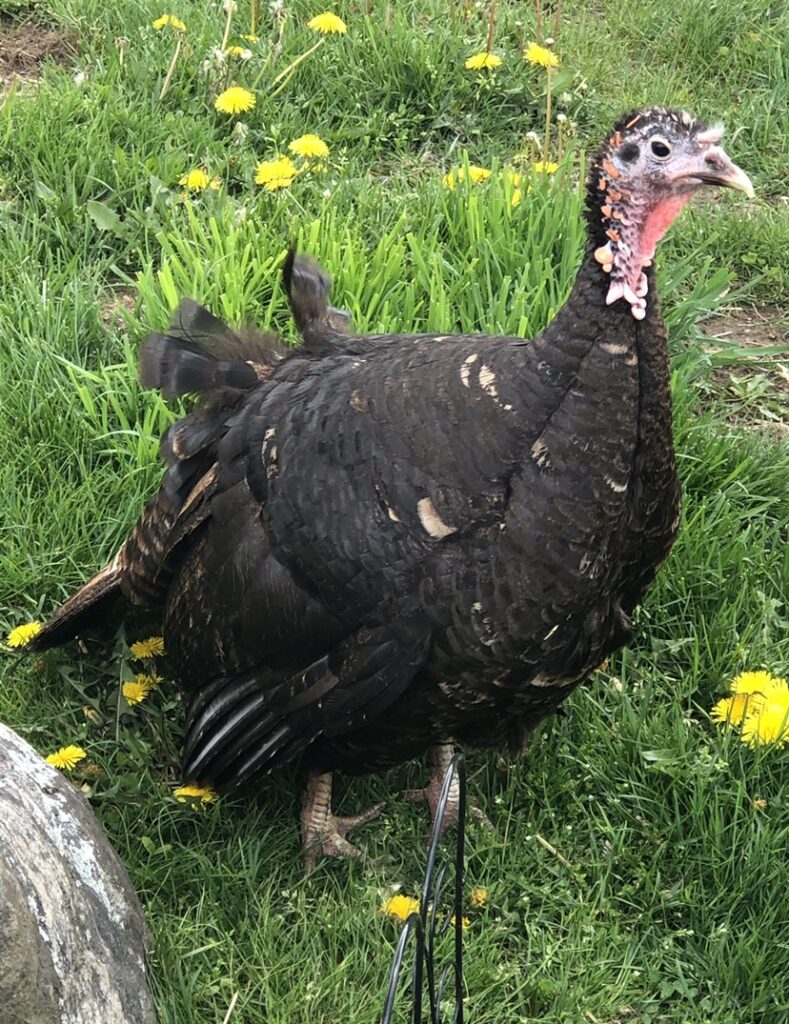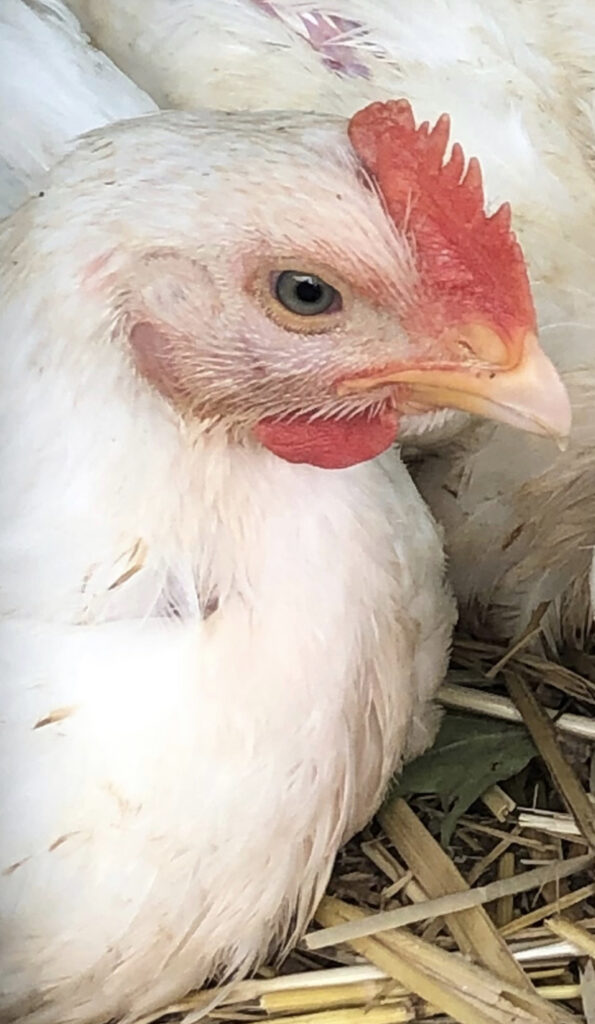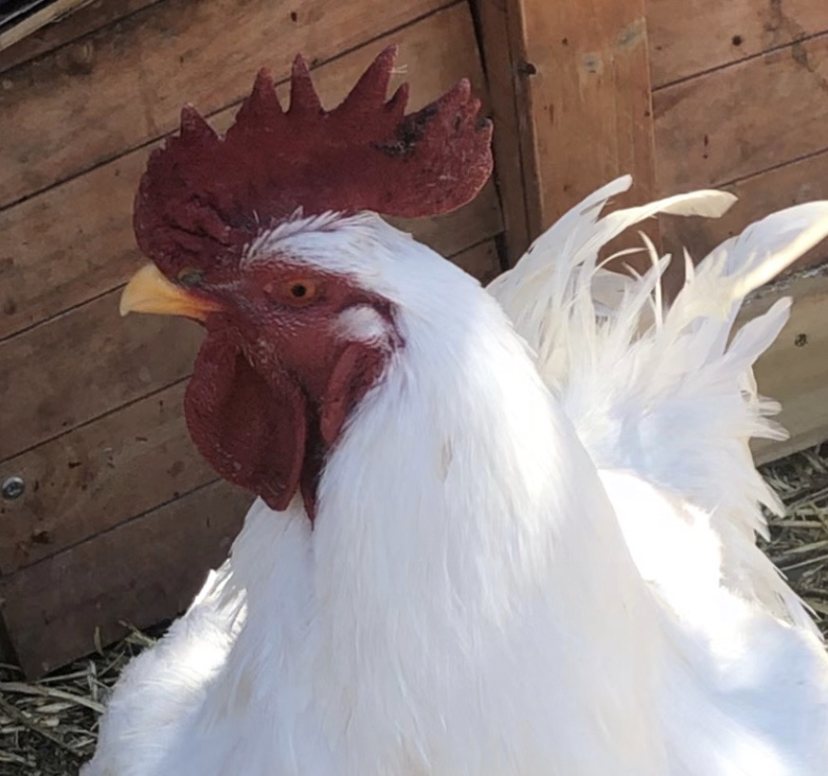Animal Abuse, Emergency
Introduction
Animal sanctuaries have long been sanctuaries for animals in need, providing a safe haven for those rescued from abuse, neglect, or exploitation. These sanctuaries serve a vital role in protecting and caring for animals that would otherwise suffer. However, what many people don’t realize is that these sanctuaries are facing their own crisis – one that is driven by economic challenges. In this blog post, we’ll explore how the economy is hurting animal sanctuaries and why it’s crucial to support them during these trying times.
1. Rising Operational Costs
Animal sanctuaries require significant financial resources to operate. They must provide food, shelter, veterinary care, and enrichment for their resident animals. Additionally, staff and volunteers work tirelessly to ensure the animals’ well-being. As the cost of living and inflation rise, so do the operational costs for these sanctuaries. This leaves them struggling to make ends meet and puts the animals’ welfare at risk.
2. Decreased Donations
Economic downturns often lead to decreased charitable giving. When individuals and businesses face financial uncertainty, their ability to donate to causes they care about diminishes. Animal sanctuaries heavily rely on donations from the public to sustain their operations. The reduction in financial support directly impacts their ability to rescue and care for animals, often leading to a backlog of animals in need.
3. Closure of Volunteer Programs
Volunteers play a crucial role in animal sanctuaries. They provide not only free labor but also a deep sense of community and support. During economic downturns, many people are forced to prioritize paid work over volunteering, leading to a shortage of helping hands at sanctuaries. Without volunteers, the sanctuaries are stretched thin, struggling to provide adequate care for their animals.
4. Limited Expansion and Rescue Capacity
Animal sanctuaries dream of expanding their operations to rescue more animals and create better living conditions for their current residents. However, economic difficulties make it challenging to secure funding for expansion projects. This means that many sanctuaries have to turn away animals in need due to a lack of space, further compounding the suffering of animals who desperately require refuge.
5. Increased Competition for Grants
As more nonprofits face financial hardship during economic crises, the competition for grants and funding becomes fiercer. Animal sanctuaries find themselves vying for limited resources, which may not be sufficient to meet their needs. This can lead to missed opportunities for funding that could have supported the rescue and care of animals.
Conclusion
Animal sanctuaries are a beacon of hope for animals in distress, but they are not immune to the economic challenges that affect us all. The rising operational costs, decreased donations, limited volunteer availability, and competition for grants are all hurdles that sanctuaries must overcome to continue their vital work. As individuals who care about the welfare of animals, we have a responsibility to support these organizations in any way we can.
If you’re looking for ways to help, consider donating to your local animal sanctuary, volunteering your time, or spreading awareness about their work. Every little bit counts and can make a significant difference in the lives of the animals they care for. Let’s ensure that animal sanctuaries receive the support they need to weather economic storms and continue their mission of providing a safe and loving home for animals in need.
Animal Abuse, Their Stories, Turkeys
Introduction:
When we think of turkeys, many of us envision a Thanksgiving centerpiece or a delicious sandwich filler. However, there’s much more to these birds than meets the eye. In this blog, we delve into the truth about domestic turkeys, shedding light on their sentience, affectionate nature, the staggering number killed each year, and what their natural life span should be.
Sentience:
Contrary to popular belief, domestic turkeys are sentient beings. They possess the ability to perceive and experience the world around them. These birds are not just automatons; they have emotions, feel pain, and have the capacity to form bonds with others. Studies have shown that turkeys can express a wide range of emotions, from happiness to fear, and they have complex social structures within their flocks.
Affectionate Nature:
Turkeys may not be the first animals that come to mind when you think of affection, but they are surprisingly social and affectionate creatures. In a natural setting, turkeys are known to groom each other, form close-knit groups, and even show signs of protecting their young. These behaviors highlight their emotional depth and social intelligence.
The Grim Reality:
Each year, a staggering number of domestic turkeys are raised and slaughtered for their meat. In the United States alone, millions of turkeys are killed annually to meet the demand for Thanksgiving and other holiday feasts. This industrial scale of production often involves crowded and stressful conditions for these birds, leaving them with little room to express their natural behaviors.
Natural Life Span:
In their natural habitat, wild turkeys can live up to 10 years or more. However, the lifespan of domestic turkeys is dramatically shorter due to their use in the meat industry. Most domestic turkeys are slaughtered at a mere 5 to 6 months of age, far short of their potential life expectancy.
The Importance of Sanctuaries:
Freedom Farm Animal Sanctuary and similar organizations play a crucial role in raising awareness about the plight of domestic turkeys. These sanctuaries provide a safe haven for rescued turkeys, allowing them to live out their natural lives in a more compassionate environment.
Conclusion:
It’s time to recognize domestic turkeys for who they truly are: sentient, affectionate beings with a right to a life free from unnecessary suffering. By supporting organizations like Freedom Farm Animal Sanctuary and making informed choices about the food we consume, we can take steps towards a more compassionate world for turkeys and all animals.
Animal Abuse, Sheep
Introduction
As consumers, we often enjoy the soft warmth of wool and the delightful taste of lamb dishes, but little do we realize the hidden price paid by farmed sheep. Behind the picturesque farms lie a dark and distressing reality – the systemic abuse and mistreatment of these gentle creatures. In this blog, we will shed light on the harrowing plight of farmed sheep, revealing the suffering they endure in the pursuit of commercial gain.
Confinement and Overcrowding
One of the most distressing aspects of factory farming is the cruel confinement and overcrowding of sheep. These sentient animals are often kept in cramped spaces, with no room to roam or express natural behaviors. The stress from overcrowding leads to a weakened immune system, making them more susceptible to diseases and infections.
Mulesing
Mulesing is a painful practice that involves cutting away strips of skin from the sheep’s rear to prevent flystrike, a condition caused by flies laying eggs in the folds of their skin. This practice is carried out without anesthesia and leaves the sheep in excruciating pain. Despite efforts to find alternative methods, this cruel procedure continues to be used in some regions.
Lack of Proper Veterinary Care
In pursuit of maximizing profits, many industrial farms often neglect providing proper veterinary care to the sheep. Injuries, illnesses, and infections are left untreated, resulting in needless suffering and prolonged agony for the animals.
Stressful Shearing Practices
Shearing, essential for harvesting wool, is often done hastily, with little regard for the welfare of the sheep. The process can be traumatic, causing injuries and cuts to their sensitive skin. Some shearers prioritize speed over the sheep’s well-being, resulting in careless handling and added stress.
Transport Conditions
Transportation is another area where farmed sheep face extreme abuse. Long and arduous journeys to slaughterhouses are common, during which sheep are packed tightly in trucks without sufficient ventilation, food, or water. The exhaustion, dehydration, and fear experienced during transportation add to their already miserable lives.
Slaughterhouse Cruelty
The horror does not end at the farm; it escalates at the slaughterhouse. Sheep are subjected to cruel and inhumane practices, often without proper stunning or slaughter methods. Some animals are conscious during the slaughtering process, further amplifying their suffering.
Conclusion
The abuse farmed sheep face is a tragedy that must not be overlooked. As consumers, we hold the power to demand change. By supporting ethical and sustainable farming practices, we can promote a future where sheep are treated with respect, compassion, and dignity.
Consider opting for products that carry the “cruelty-free” or “ethically sourced” label, which ensures that the sheep were treated humanely throughout their lives. Encourage and support local farmers who prioritize the welfare of their animals. Together, we can advocate for stronger animal welfare regulations and put an end to the silent suffering of farmed sheep. Let us stand as the voice for those who cannot speak for themselves and create a world where all animals are treated with kindness and love.
Lisa M. Miskella
Executive Director
Freedom Farm Animal Sanctuary
www.freedomfarmanimalsanctuary.org
Animal Abuse, Petitions
Levi’s claims that production follows the industry “best practices”. “Investigations shared by PETA have repeatedly shown that the leather industry subjects animals to intensive confinement inside filthy cages or pens; castration, branding, and tail-docking without pain relief; chronic infections and disease caused by extreme crowding; and a terrifying trip to the abattoir.”
The horrific abuse and slaughter is beyond sickening. Please sign to show your agree.
For more details and to sign petition, please click HERE.
